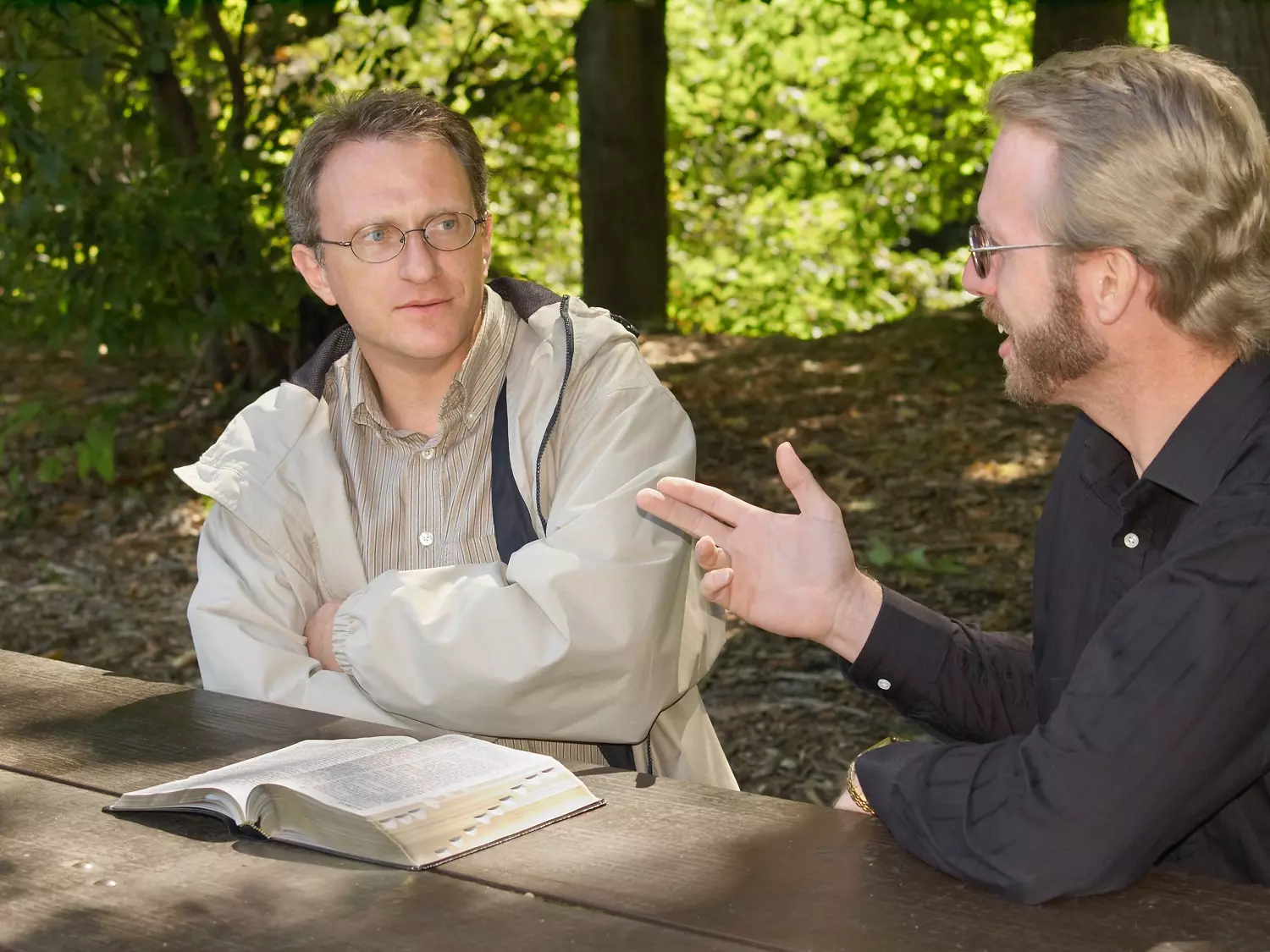[Originally published as the closing arguments from The Interaction of Apologetics & Evangelism]
Don’t believe that apologetics is for everyone or think it’s too advanced for you? Here are some simple examples that even the “apologetics is unnecessary” person will utilize from time to time.
A Basic Argument for Why to Trust the Bible
“The Bible is God’s Word. I know this because the Bible so accurately diagnoses what’s wrong with humanity, and it speaks of a perfectly just God who takes evil seriously. No other so-called god shows the qualities of true justice and goodness the way the God of the Bible does.
“The Bible speaks of all humans as sinners. All have fallen short of God’s standard of perfection. This is a self-evident truth to the honest person — the heart of man is the problem.”
This is an appeal to a self-evident observation but can be effective because it is obvious that the world is broken because humans are sinful.
A Bedrock Case for a Creator
This is a basic argument from common sense:
“There must be a creator because nothing creates nothing. It couldn’t just happen!”
Oddly enough, this is an apologetic I’ve heard Christians who are opposed to apologetics use. They don’t realize they themselves are using it here.
The Basic Argument of How We can Know the Resurrection of Jesus is True
“Why would most of the disciples die if Jesus didn’t really rise again?”
Answering the objection of “I am a good person and don’t need Jesus.”
“By what standard are you good? Are you good compared to God’s standard? What does his Word say? Let’s look at Romans 3–4.”
Apologetics can be as simple as sharing the gospel and explaining the text.
Even the believer who says “some believers don’t need apologetics” is making an apologetic argument against apologetics — thus refuting himself. Furthermore, this position tends to eventually show its inconsistency because the same person will often employ some type of basic argument for why the gospel is true when doing evangelism.
Anti-intellectualism is not the answer. While we don’t need an advanced degree to share our faith, we do need to be willing to share the simple gospel (1 Corinthians 2:4) and give a basic explanation for why we know it is true (1 Peter 3:15).
Loving and speaking the truth is unavoidable for the believer. We must speak the truth of God’s Word to others if we are to love them.
Why?
Because all believers are called to point to the truth of God’s Word and give an answer for the hope that we have (1 Peter 3:15).
As a call to action, I would like to end by quoting Dr. Groothuis:
“Essentials from Dr. Douglas Groothuis
Some foundations for restoring reality to America (Please share if you think it might spark some renewal and revival.)
- There is an objective world beyond the self.
- Logic cannot be ignored forever.
- There are moral facts every bit as real as physical facts.
- Most of our actions flow from our worldview.
- Worldviews can be tested by logic for truth (which is correspondence to reality).
- All religions are not one; they make competing truth claims.
- Christianity offers the world both a true and rational worldview and a new kind of life, alive in the Spirit.
- Christians must out-think, out-live, and out-die the world for Jesus Christ and his Kingdom. That means rigorous apologetics (1 Peter 3:15).
- Christians must put more thought and effort into education at all levels.
- Christians should fear worldliness more than they do. See Romans 12:1–3; 1 John 2:15–17.
- Christians should develop a “Christian Mind” on what matters most. See Harry Blamires’s classic, The Christian Mind (1963).
- There is an invisible spiritual realm with which we have to do. See Ephesians 6:10–19. See the chapter, “The Supernatural Universe,” in Francis Schaeffer’s, True Spirituality.”







